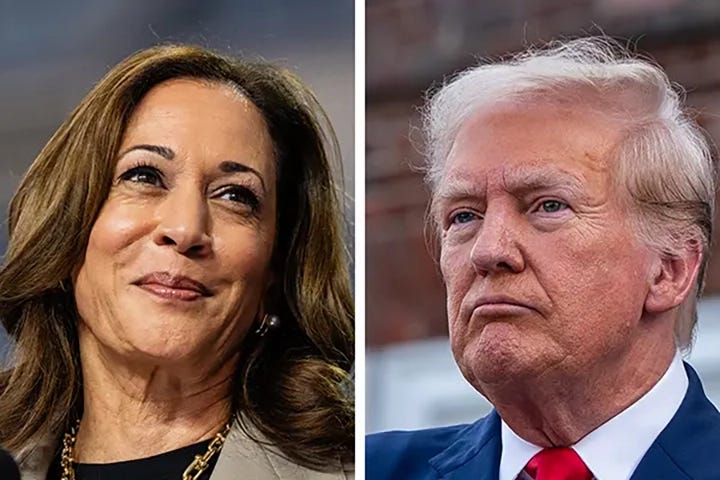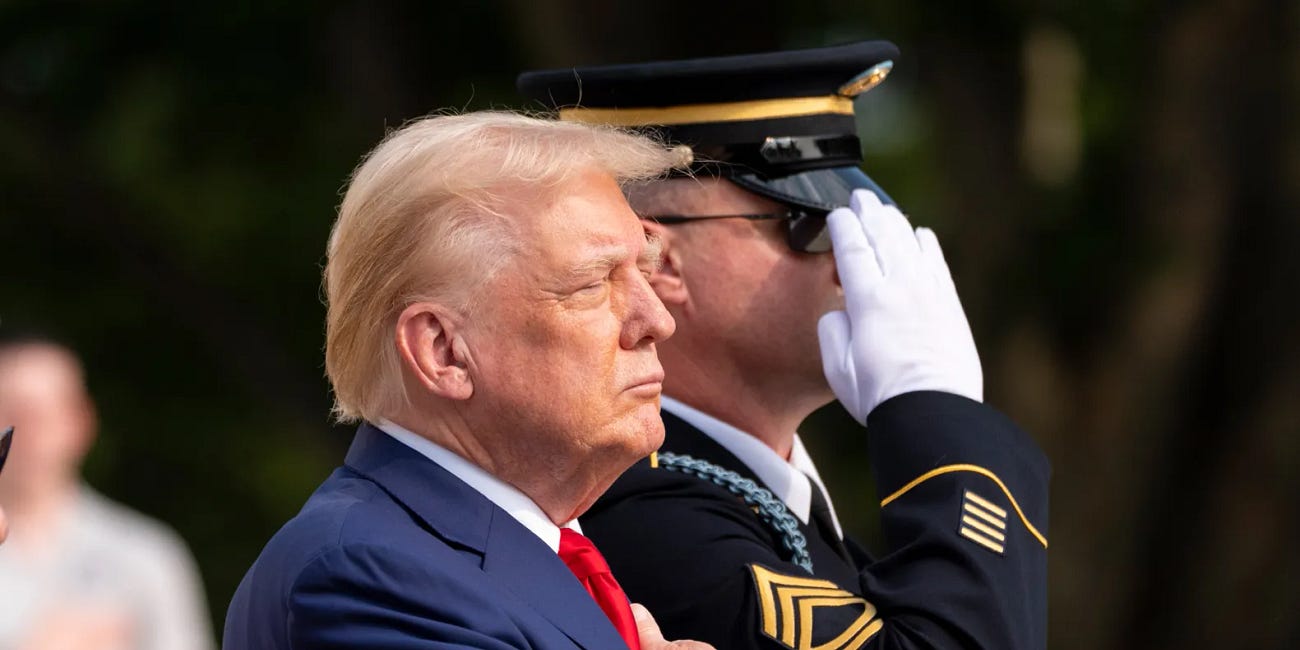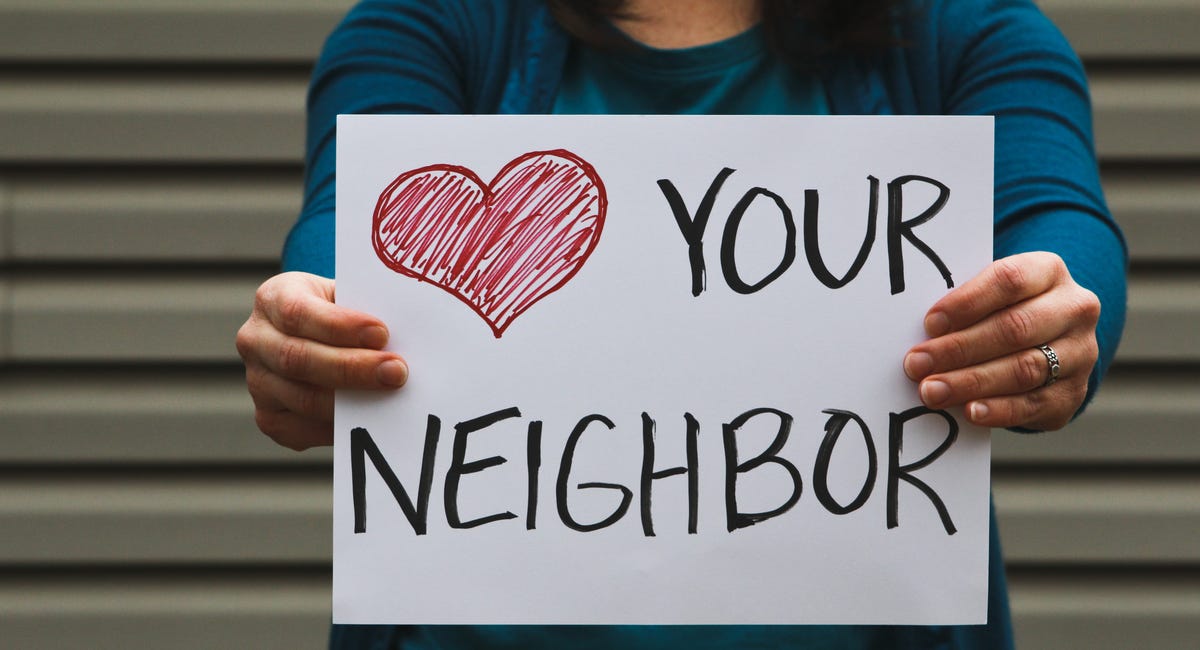How is the Race So Close? You Know How.
All day long I see people posting or asking the same rhetorical question:
how can this race be so close?
They see that on one side, we have an experienced, qualified, intelligent woman with a campaign of joy and hope; one centered on making the opportunities and benefits of this nation available to all people. They see someone who has been an experienced prosecutor and Attorney General, a respected Senator, and a Vice President in one of the most successful Administrations in recent memory.
And on the other side, they see a C-level reality TV star/slumlord: a vile, traitorous, adjudicated rapist and felon who traffics in the ugliest slurs and stereotypes. They see a man incapable of complex thought, fluent in abject lies, and shateful to so many who call this place home or wish to. He is a man without a noble impulse whose cognitive decline is unmistakable, working solely for the whitest and wealthiest.
And these otherwise reasonable, perceptive people are looking around and asking how we could be in a virtual dead heat between two choices, that to them, seems obvious.
I get it. I ask that question, too.
I’m trying to remember that while I’m shocked that the race is this close, as someone who has called this place home for all of my fifty-five years—I really shouldn’t be and neither should you. You know why it’s close.
This race is close because bigotry, racism, misogyny, and xenophobia have been woven into this nation from the beginning, and because that mythology of American “greatness” is what he kindles in them. He speaks in the vague platitudes of American exceptionalism, and in their intoxicating nationalistic fervor they don’t care about the details.
It's close because tens of millions of Americans are daily polluted by Right-Wing media, politics, and religion which leverage fear and prejudice, causing them to see enemies and adversaries in their neighbors and strangers and in anyone who they see as different in any way from “normal”—of which they themselves are the baseline. They are largely perpetually-petrified white people, convinced that they are in grave danger by progress and change.
The race is close because this nation is filled with people who have tethered their sense of identity to him and they are going to support him no matter what he has done or will do. They will allow this nation to fall into the very fascism they’ve spent their life decrying, all to avoid simply admitting they were wrong. It is ego self-preservation at the cost of Democracy.
It’s close because America has slowly produced millions of intellectually-lazy people who don’t want to take the time and care to wade into the complexities of issues, the details of policy, or the workings of our Government. They want a satisfying sound bite that will emotionally soothe them but not require anything from them, and their politicians and preachers parrot a steady stream of them.
The race is close because Conservatives have always gravitated toward authoritarianism. In politics and religion, they want a powerful authority figure to take care of them and tell them what to do, even if that person is predatory toward them and antithetical to their own well-being.
So, while we can all be saddened and worried and pissed off that we are fighting like hell for the slimmest margin of victory here when we should be resting in a coming landslide, we shouldn’t be shocked.
This is who we have been and still are—but it is not who we can become.
The fact that we are in this race, despite candidate changes and gerrymandering and voter suppression and Russian interference and media bias and Electoral College obstacles—shows that the tide is turning here, that equity and empathy are gaining ground, that goodness is beginning to trend.
And if we prevail in November, we can continue to show tens of millions of Americans a better version of our nation, one where competition gives way to collaboration.
If we prevail in November, we can wake up the imaginations of people who have forgotten the beauty found in diversity, by having it embodied in our leadership.
If we prevail in November, we can finally break the fever of this cultic sickness and reconnect with those who presently feel beyond reach.
And if we prevail in November, we may find ourselves soon living in a nation where such races aren’t close because we have collectively outgrown cruelty and hatred once-and-for-all.
Right now, all we can do is try and make the race a little less close.
Press on, good people.
Suggested Reading:
Why Christians Should Reject Trump's Project 2025
Ok, so by now, you’re probably familiar with Project 2025. (If not, I’ll suggest that there are few more pressing things on your agenda as we approach this election). It is a 900-page document outlining in terrifying detail, Conservative Evangelical plans for a second Trump term.





"But Why??" was a teaching 'technique' I employed during my some 40 years of teaching American Studies. It began this way: OK, folks we're all back in the colonial times for right now, but in ten minutes we'll progress to the expansion era and then into the industrial revolution and then into the Progressive era and so forth. Everyone jots down three questions about any of these eras, but only one question per era. So, in ten minutes, we had three questions per each of the 25 or so students. I'd call on the first student to read one of his questions and we'd all respond: But Why? A different student would get the slip of paper on which the question was written and s/he'd use it in a library research project. When all the students had asked their first question, I asked: who wants to ask a second question?, knowing that the students were then knowing that there was a research project in the immediate offing. You'd be surprised at what the responses were: everyone wanted a second or even a third question to research. So, we spent three days in the library (no computer search engines then), and the books got a lot of workouts. When we met again the next week, each student was to read his question and offer an answer. It took two class sessions to read the answers and at the end of each session, the written answers were posted on the wall. And, then, the real communication began: How come we Americans asked such questions, and how come we answered them in these ways? Are there any answers that seem to need more explanation? Do we recognize a pattern among questions and answers? Mr. Pavlovitz would not be surprised at the 'patterns' that the students recognized and then debated. Nor would readers of this column be surprised at how difficult it was for the students to admit to the feelings of supremacy or racist separations, or social or economic disparities that came out in my students' debates. In fact, the debate portion of this unit could/should have gone on about twice as long as it did because the students were digging deep inside of themselves. We left this assignment with an opportunity for the students to take on a short essay for extra credit in which they would investigate the need for 'universal public assistance and the obstacles that stood in its way.' How many took on the EC assignment? Almost ALL of them. And, for some time, it was the topic of discussion among my teaching colleagues as well. It had opened a 'pandora's box' of social and personal conflicts, and asked teenagers to discuss them. And, that was, after all, the objective of such an assignment. Was it difficult? Yes---But Why????
I am not shocked by the hatred, fear, misogyny, and denial enabling tRump’s polling numbers. However, what does shock me is that it took this many years and one very toxic individual to bring it all to the surface, for all to see—the same vile bigotry and fear that fueled the Civil War—the old Republican platform, and recently, the Maget cult. And to be clear—the same vile bigotry and fear that hinders many Democrats from asking, expecting, or demanding more Freedom, more Equality, more Justice than the Republican base actually wants. To understand that a persistent resistance to Freedom, Equality, and Justice for ALL is what holds both Democrats and Republicans hostage—is the only honest reason America has never fully incarnated Freedom, Equality, and Justice for ALL. Without purposed resistance, disciplined progress happens quickly. Too much greed. Too much dishonesty. Too much compromise. Too little integrity. Too little respect for reality. Too little—too late—begets Magets and tRump and a mirror for all to see. Perhaps one day we will grow to understand tRump was a necessary evil. Necessary for America to actually be the land of the free.